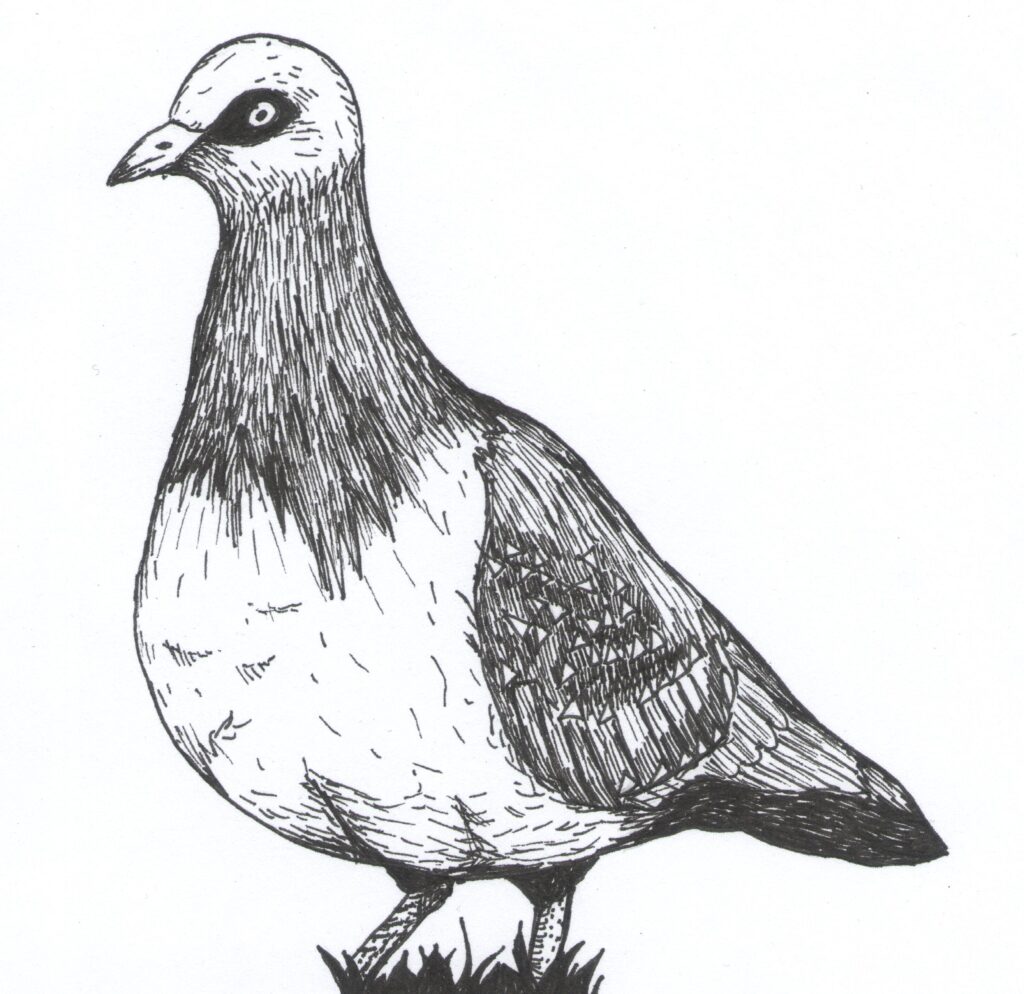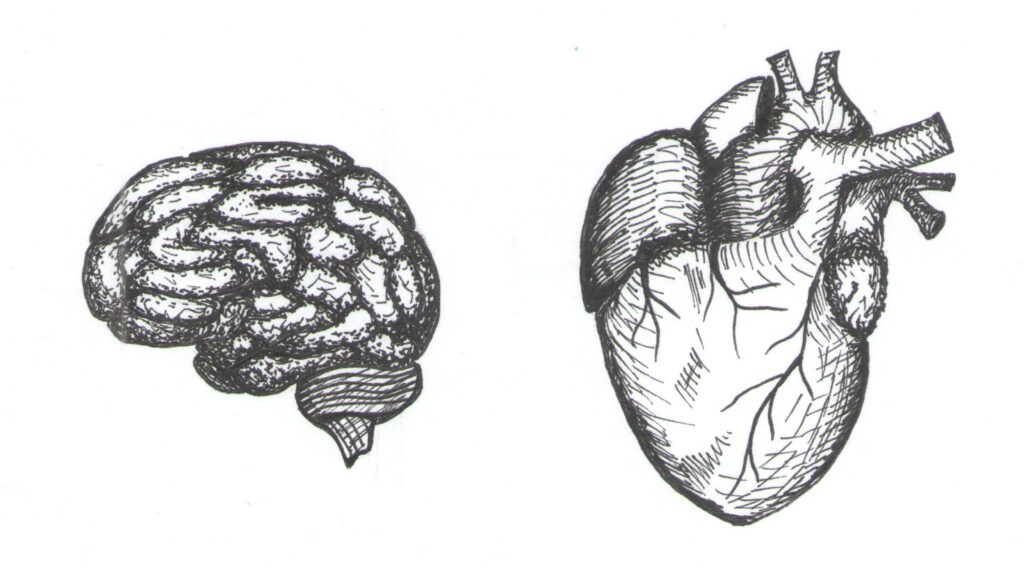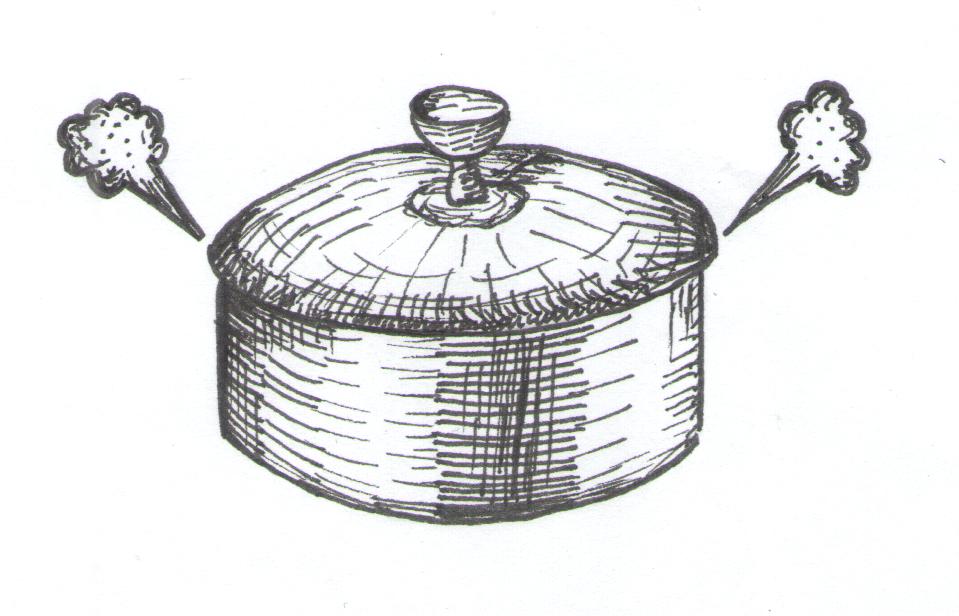
It feels good when we are praised for the work that we do, but I think that most people will admit that this is the exception not the rule. More often than not, someone will strongly dislike the work that we do or the art that we create.
If we don’t experience blatant criticism, subdued negativity takes the form of endless disapproving questions. I always try to answer those with grace but I can’t lie, it does irk me. But I’ve spent years on the path less travelled and I’ve learnt that other people’s opinions (mostly) don’t matter. What matters when it comes to the art that we create is:
1) That we are proud of our own work, and
2) That we listen to the right feedback.
Continue reading “How To Deal With Criticism | For creatives”






